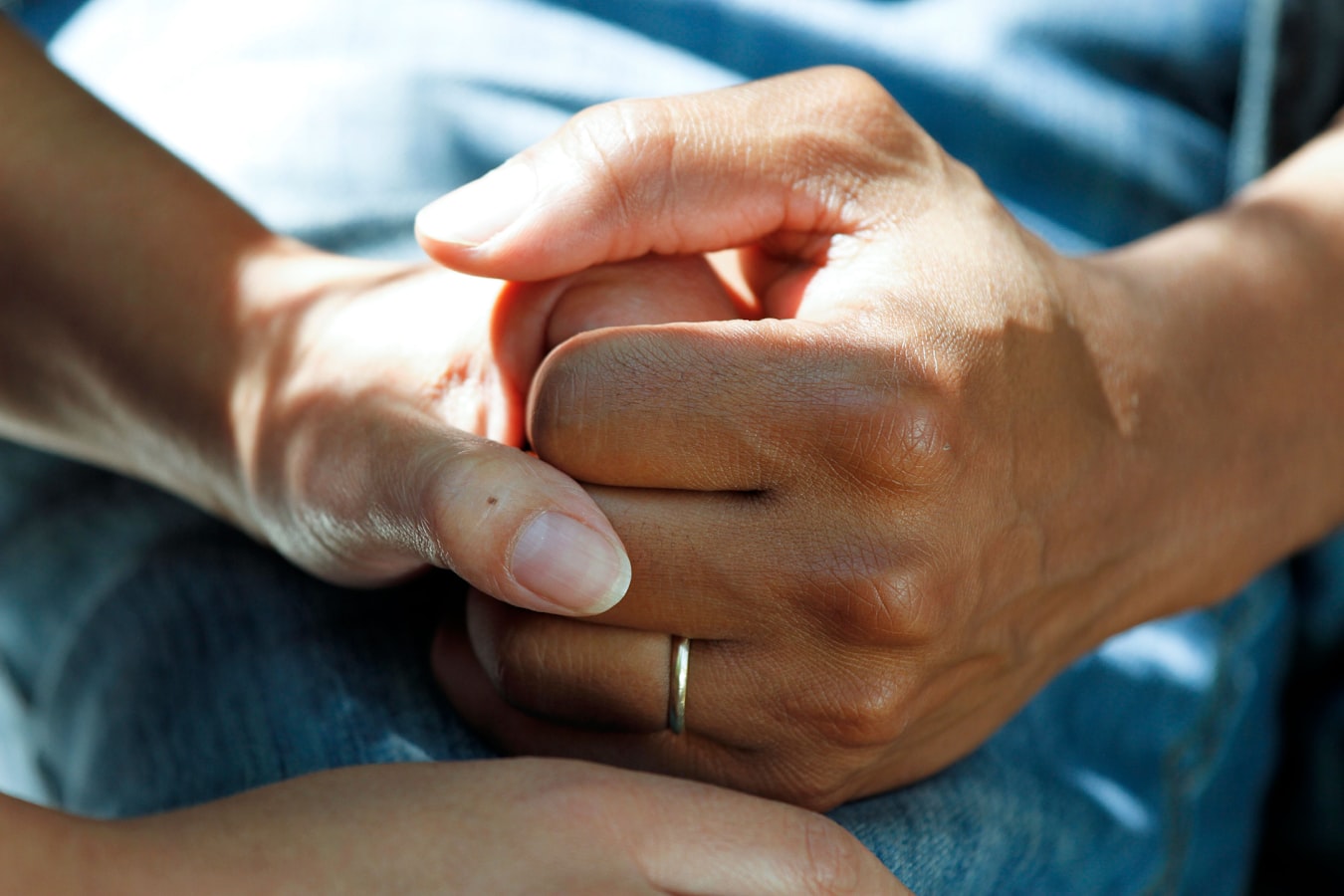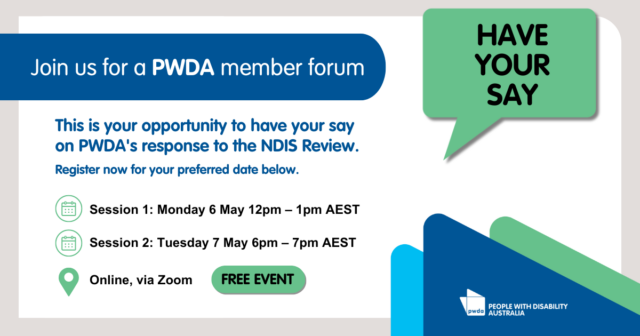
Cancer Council NSW welcomes today’s announcement from the NSW Government to improve financial assistance for people living in rural and regional NSW to access cancer and medical treatment.
The charity commends the comprehensive changes to the Isolated Patient Travel and Accommodation Assistance Scheme (IPTAAS), announced by the Minister for Regional Health, The Hon Bronnie Taylor, that include:
- Lifting the fuel rebate from 22 cents/km to 40 cents/km
- Lifting the accommodation subsidy from $43-$60/night to $75/night and up to $120/night for stays over seven nights
- Providing people undertaking ground-breaking clinical trials with access to travel and accommodation subsidies
Cancer Council NSW Chief Executive Officer, Professor Sarah Hosking says, “IPTAAS is essential for people in regional NSW to access care. Today’s announcement will ease the financial burden and mental health pressures of people living in regional and rural NSW undergoing treatment.
“We know that for people with cancer living in regional communities, the financial cost of travelling and being away from home can be so high that it stops them accessing treatment.
“Evidence clearly demonstrates that the chance of dying from cancer increases with distance from major centres. Everyone in NSW should be able to access cancer care when and where they need it. This is a big step towards equitable cancer care for people living in rural and regional areas undergoing cancer treatment.”
Cancer Council NSW has long advocated for the need to improve IPTAAS to reduce the out-of-pocket travel and accommodation costs for people living in regional and rural NSW, who must travel to access treatment because appropriate treatment is not available locally. The improvements to IPTAAS align with the recommendations Cancer Council NSW made to the NSW Parliamentary Inquiry into healthcare and hospital services in rural, regional, and remote NSW.
“Tackling out-of-pocket costs is incredibly important because we know that a cancer diagnosis can put people into debt or force people to make impossible choices between cancer treatment or paying their bills. Conservative estimates put the financial impact of a cancer diagnosis on the household at $43,000,” Prof Hosking said.
Cancer Council commends the NSW Government for listening to the many people living in rural and regional NSW who have shared their experience about the costs and barriers in accessing cancer care and treatment.
“We know that people with cancer living outside metropolitan areas have poorer outcomes compared to people in cities. The recommendations will help to ensure everyone in NSW has the same opportunities to access the care they need when they need it,” Prof Hosking continues.
Cancer Council NSW awaits further detail regarding this announcement to be handed down as part of the NSW Budget on 21 June.
“We look forward to working with the NSW Government to ensure communities and health professionals understand the changes and more people living in regional and rural communities get the assistance they need,” Prof Hosking concludes.
Cancer Council NSW has also advocated for administrative changes such as simplifying the application process and promoting IPTAAS awareness among health professionals.
If you have been impacted by cancer and need information or support, call Cancer Council’s Information and Support Line on 13 11 20 or visit cancercouncil.com.au/get-support






